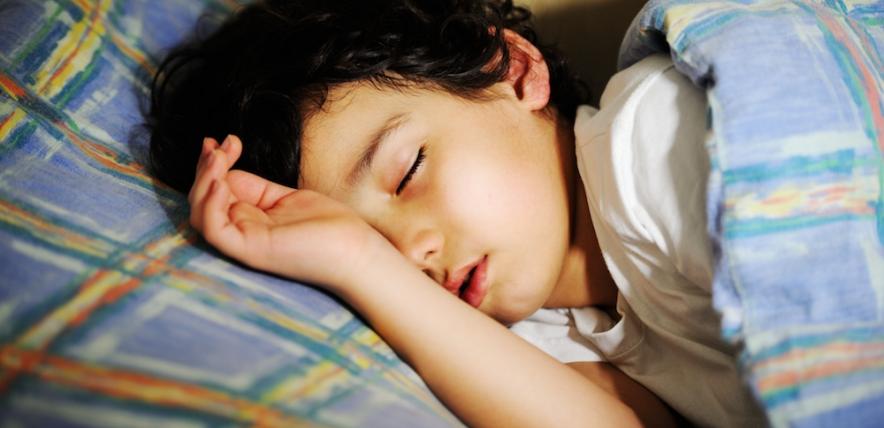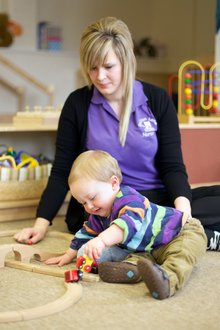By Dorothy Lepkowska
Training youngsters out of night-time pants and in to being dry is not the same as having a dry child during the daytime. Heavy sleepers may still have accidents and some littles ones might just not make it to the toilet or the potty in time.
When do you start training your children to be dry at night?
There is no straightforward answer to this, as children develop at different stages. My own daughter, for example, decided that she loved sitting on a potty before her bath and bedtime and wore night-time pants as a precaution, at the age of 18 months, while we were away on holiday. She was often dry in the morning. But her enthusiasm for “growing up” soon wore off and she went back into nappies as soon as we got home. It was another 18 months before she was ready to try again.
Most children are between 3 and 4-year olds before they are regularly and reliably dry at night, and many will continue to have accidents up to the age of five or six. This is normal, and nothing to worry about. Where children have a medical condition, it might take a little longer.
The success of night-time training will depend on the maturity of your child’s bladder and the production of a hormone that suppresses the production of wee during sleep. Bedwetting is common in children and 20% of five-year-olds still wet the bed.
What are the signs that they might be ready to start?
Every child will greet this milestone at a different time, but there are some tell-tale indications they are ready. They might start taking their nappy or night-time pants off at night or ask not to wear one. Their nappy might be only slightly damp, rather than very wet, in the morning. Or they might start waking you to ask to go to the toilet or go by themselves.
What can you do to help them?
Talking openly about going to the toilet can help to make your child feel confident about trying to stay nappy or pants-free at night. Explain what they need to do if they need to go to the toilet at night and be encouraging. Reassure them that it’s not a problem if they have an accident, as this is all part of the process.
A waterproof sheet or padded disposable mat for them to sleep on will help to protect the mattress in case of an accident, but make sure you keep some fresh bedding ready for quick changes in the middle of the night. Pyjamas or night clothes that are pulled down easily will also be a help.
You can also lift them before going to bed yourself for a final “sleepy wee”, for the first couple of weeks of training. This can help their bladder to adapt to holding more urine for longer, though some experts don’t believe this method to be effective.
Encouraging good toilet habits can set your child up for successful training
Get them into the habit of going to the toilet just before they go to bed, and then first thing in the morning. Leaving a light on in the bathroom or on the landing in case they get up at night will help them find their way while sleepy, while a potty in their bedroom might make them feel more confident about not having a little accident if the need to wee is urgent.
There is no need to restrict their drinks during the daytime but stick with water or milk up to an hour before they go to bed. Fizzy and sweet drinks are more likely to make them want to wee in the night.
If you want to reward your child while training, then focus on the effort they’ve made rather than how successful they’ve been, so they don’t feel under pressure.
What if it doesn’t work first time?
Be patient. Night-time toilet training can take time. It’s important not to make a big deal of it, or to suggest that they’ve failed in some way by having an accident. It could just be that they’re not ready yet, even if their siblings or friends were dry at the same age. If things aren’t going to plan then stop for a while and come back to it in a few weeks or months. There’s no rush.
Are there times when you shouldn’t attempt night-time training?
There are occasions when your child might feel poorly, out of sorts, unsettled or anxious about an event in their life, for example, the prospect of going to nursery, the arrival of a new sibling or a family bereavement. You might want to consider whether this is a good time to try to train your child for dry nights or if you might both have more success when things have settled down.
Further resources
CBeebies — Night time potty training
Eric — Help with night-time dryness after potty-training








